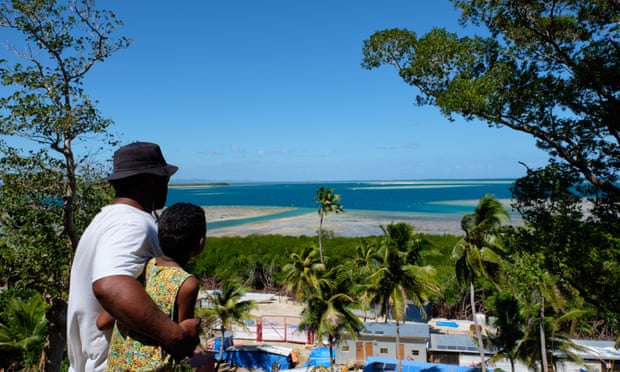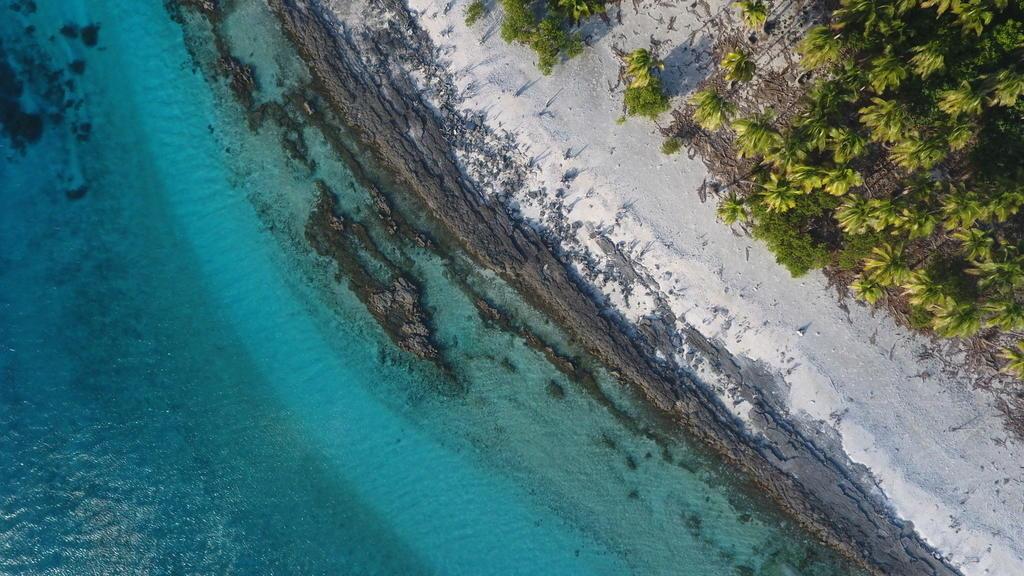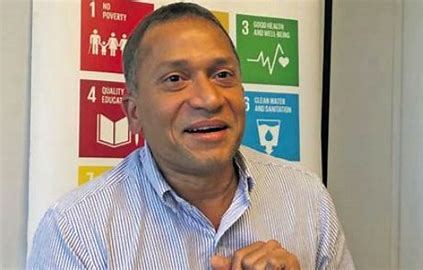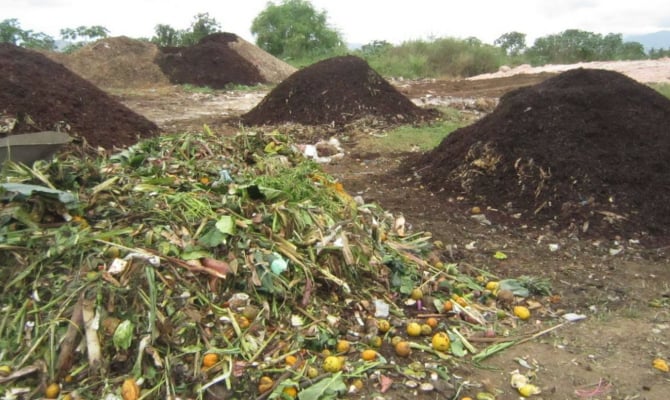The case has been described as a ‘watershed’ moment that will test Fiji’s environmental laws
A years-long David and Goliath fight which has seen two Australian surfers take on a Chinese-linked company over their alleged damage of an idyllic Fijian island has come to its conclusion after a Fijian court handed down a guilty verdict against the developers on Friday.
The case has been described by Pacific legal experts as a “watershed” moment that tested Fiji’s environmental laws, as well as the willingness of the country – which presents itself as a global climate leader – to “walk the walk” on environmental issues.
In 2018, Freesoul real estate, a Chinese-linked company, began work on Malolo Island, a 5km-long tourist island that lies about 20km west of the main island of Fiji, with plans to build Fiji’s largest holiday resort: roughly 350 bures and the nation’s first casino.
Shortly after work began, Freesoul was accused of causing massive environmental degradation, including claims Freesoul parked diggers on top of the pristine reef, dug a channel 100 metres long and 20 metres wide through the reef to allow barges to bring supplies onto land, dumped the coral they dug up onto the pristine beachfront of their neighbours’ land, destroyed huge swathes of mangrove and piped sewage directly from their workers’ toilet block into the ocean.
The owners of the block of land adjoining the one leased by Freesoul – Jona Ratu, a Malolo local, and Australians Navrin Fox and Woody Jack – raised repeated concerns about Freesoul’s alleged actions, and engaged in legal action against it. Eventually, Freesoul’s environmental approval was revoked.
“I can safely say that there’s no rock unturned in fighting this Goliath,” said Fox.
Freesoul was found guilty of two counts of undertaking unauthorised development and found not guilty of one count of failing to comply with a prohibition notice. Sentencing will occur on 05 May.
Ahead of the verdict, Fox said that Fiji’s prime minister’s record as an environmental advocate – Prime Minister Frank Bainimarama was president of COP23 in 2017 – made the court’s decision a test of “whether his government is going to walk the walk, to put their money where their mouth is”.
“I feel like we’re a bit of a litmus test in a way without wanting to be,” said Fox.
“It’s a bit of a watershed moment really for environmental prosecutions,” said John Ridgeway, an Australian-based lawyer who practises in the Pacific, and has helped Fox and Jack navigate the case.
“A number of the Pacific jurisdictions have created new environmental legislation which is a good thing, the problem of course is that if you don’t have the manpower and the infrastructure to back up enforcement of it, there’s no point having it at all. Given the role that Fiji plays in the world on climate change … it will be curious to see if this case is successful.”
Jack and Fox are also pursuing a civil claim against Freesoul for restitution and damages, for alleged damage that Freesoul did to Fox’s and Jack’s parcel of land.
Fox and Jack are in talks with reef specialists and environmentalists about how to restore the mangroves and reef in their parcel of land, with the hope of eventually establishing eco-friendly accommodation where they can come for surfing trips.
Fox says that when the legal proceedings are over, and Covid-related travel restrictions lift, he is looking forward to: “a pina colada in the sun after surfing all day, sitting on the land in a carbon-zero hut. That was always just the goal.”
This story was produced by Kate Lyons, posted on The Guardian and reposted via PACNEWS.




